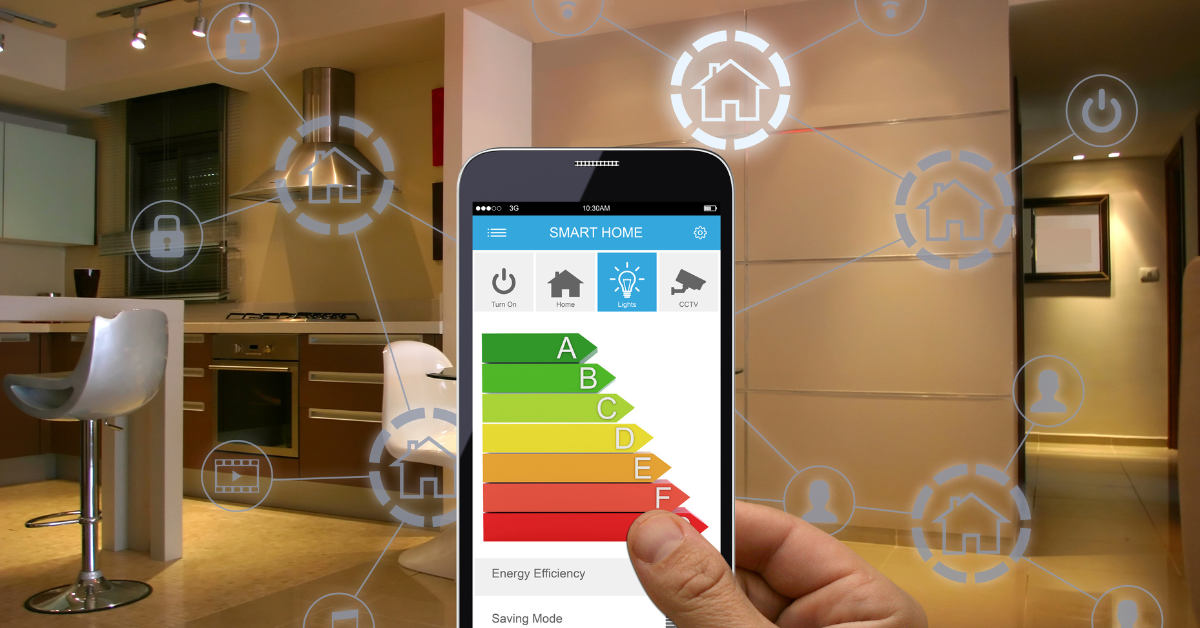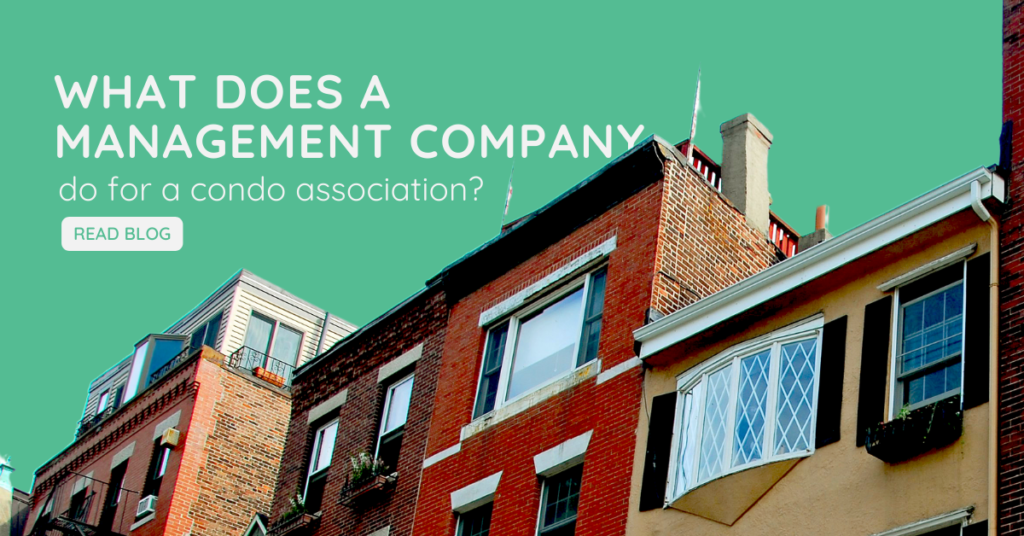Reducing Carbon Footprint: A Renter’s Guide to Eco-Friendly Living
Reading Time: 3 minutesIn today’s world, where environmental concerns are at the forefront of global discussions, adopting eco-friendly practices has become imperative. As a renter, you might wonder how you can contribute to sustainability while navigating the constraints of temporary living arrangements. This roadmap aims to guide renters towards eco-friendly living, offering practical tips and strategies to reduce…

In today’s world, where environmental concerns are at the forefront of global discussions, adopting eco-friendly practices has become imperative. As a renter, you might wonder how you can contribute to sustainability while navigating the constraints of temporary living arrangements.
This roadmap aims to guide renters towards eco-friendly living, offering practical tips and strategies to reduce their carbon footprint and promote environmental stewardship.
Table of Contents
Understanding Your Carbon Footprint
Before embarking on your journey towards eco-friendly living, it’s essential to understand your carbon footprint—the total amount of greenhouse gases generated directly or indirectly by your activities. By assessing your lifestyle choices and consumption habits, you can identify areas where you can make meaningful changes to reduce your environmental impact.
Energy-Efficient Habits

Simple adjustments to your daily routines can significantly decrease energy consumption. From turning off lights and electronics when not in use to investing in energy-efficient appliances, adopting these habits not only conserves energy but also lowers utility bills, benefiting both the environment and your wallet.
Choosing Sustainable Transportation
Opting for sustainable transportation alternatives, such as walking, biking, or using public transit, reduces carbon emissions associated with commuting. Additionally, carpooling or ridesharing minimizes traffic congestion and promotes social connectivity while lessening the environmental impact of individual vehicle usage.
Reducing Waste
Waste reduction is a fundamental aspect of eco-friendly living. Embrace practices such as recycling, composting, and avoiding single-use plastics to minimize waste generation. Additionally, prioritize purchasing products with minimal packaging and opt for reusable alternatives whenever possible to curb unnecessary resource consumption.
Sustainable Food Choices
Making conscious food choices can significantly impact the environment. Support local and organic food producers, reduce meat consumption, and minimize food waste by meal planning and composting organic scraps. By prioritizing sustainable food options, you can reduce greenhouse gas emissions associated with food production and support environmentally friendly farming practices.
Conserving Water

Water conservation is essential for preserving this finite resource. Install water-saving fixtures, repair leaks promptly, and practice mindful water usage in daily activities such as bathing, dishwashing, and gardening. By conserving water, you contribute to the sustainability of freshwater ecosystems and mitigate the environmental impact of excessive water consumption.
Offsetting Carbon Emissions
Despite efforts to minimize carbon emissions, some activities may still contribute to your carbon footprint. Consider offsetting these emissions by supporting carbon offset projects such as reforestation initiatives or renewable energy development. Carbon offsetting allows you to mitigate your environmental impact and support projects that promote sustainability and climate resilience.
Advocating for Change
As a renter committed to eco-friendly living, you can amplify your impact by advocating for sustainable practices within your community and engaging with policymakers to promote environmental conservation initiatives. By raising awareness and advocating for change, you contribute to the collective effort towards a more sustainable and resilient future.
Conclusion
Embracing eco-friendly living as a renter is not only achievable but also essential in mitigating climate change and preserving our planet for future generations. By implementing the strategies outlined in this roadmap, you can play a significant role in building a more sustainable world.
If you’re looking for rental properties that prioritize sustainability and eco-conscious living, consider Green Ocean Property Management. With a commitment to environmental responsibility, Green Ocean offers a range of eco-friendly housing options that align with your values.
Take the first step towards a greener lifestyle by choosing a rental property managed by Green Ocean Property Management. Together, we can make a difference for our planet.
How to Find and Manage a Boston Property Services Provider
Reading Time: 5 minutes Owning property in Boston can feel like a full-time job. From leaky faucets to broken heaters, every maintenance issue seems to require another service call and more of your valuable time. But it doesn’t have to be this way. What if you had a team of trusted property service experts ready to tackle any…
Security Company vs. Company for Property Management: The Difference
Reading Time: 6 minutesSafety and smooth day-to-day operations are top priorities for both residential and commercial properties. Property owners often assume hiring a security company or property management firm will serve the same functions – but while they share some common goals, these two providers offer very distinct services. While both contribute to the overall well-being of properties,…
What Does A Management Company Do for A Condo Association?
Reading Time: 3 minutesFor condo owners, navigating the complexities of shared ownership can feel daunting. From maintaining common areas to enforcing rules, ensuring financial health, and handling legal matters, the responsibilities of a condo association can be substantial. This is where professional management companies step in, acting as the pillars that support a thriving condo community. The…








